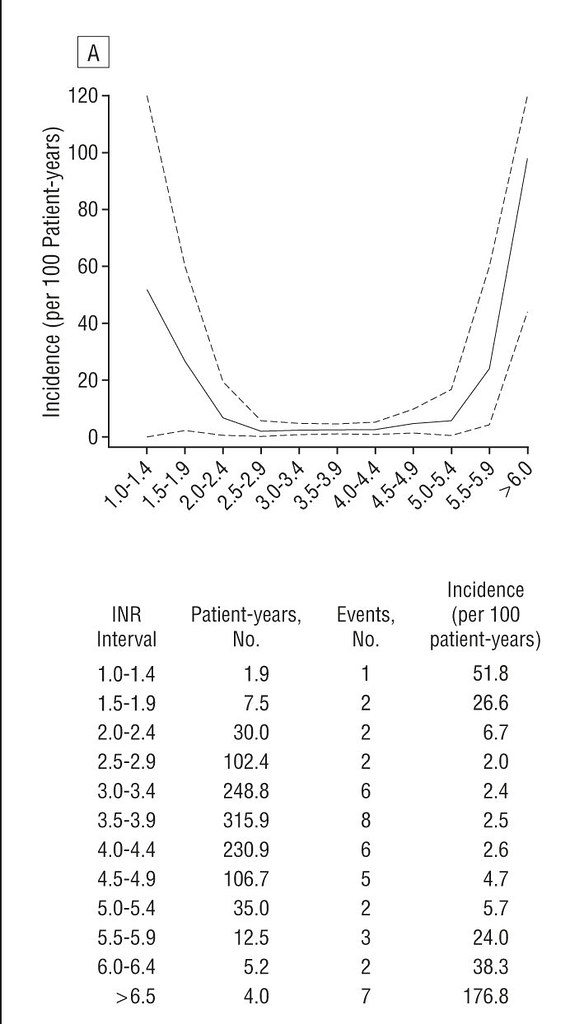Jmprosser.lab
Well-known member
Hi everyone,
Coming to you now to help a friend struggling with panic attacks around stroke risk and mechanical valves. Since my surgery is still potentially ways away, I haven’t looked deeply into that research.
Can you share any encouraging info or data regarding stroke prevention, blood thinners, mechanical valve, etc? She also deals with occasional AFib. my understanding is that your only at a slightly higher risk if you manage INR correctly?statistics might be helpful.
thanks!!
Coming to you now to help a friend struggling with panic attacks around stroke risk and mechanical valves. Since my surgery is still potentially ways away, I haven’t looked deeply into that research.
Can you share any encouraging info or data regarding stroke prevention, blood thinners, mechanical valve, etc? She also deals with occasional AFib. my understanding is that your only at a slightly higher risk if you manage INR correctly?statistics might be helpful.
thanks!!


























